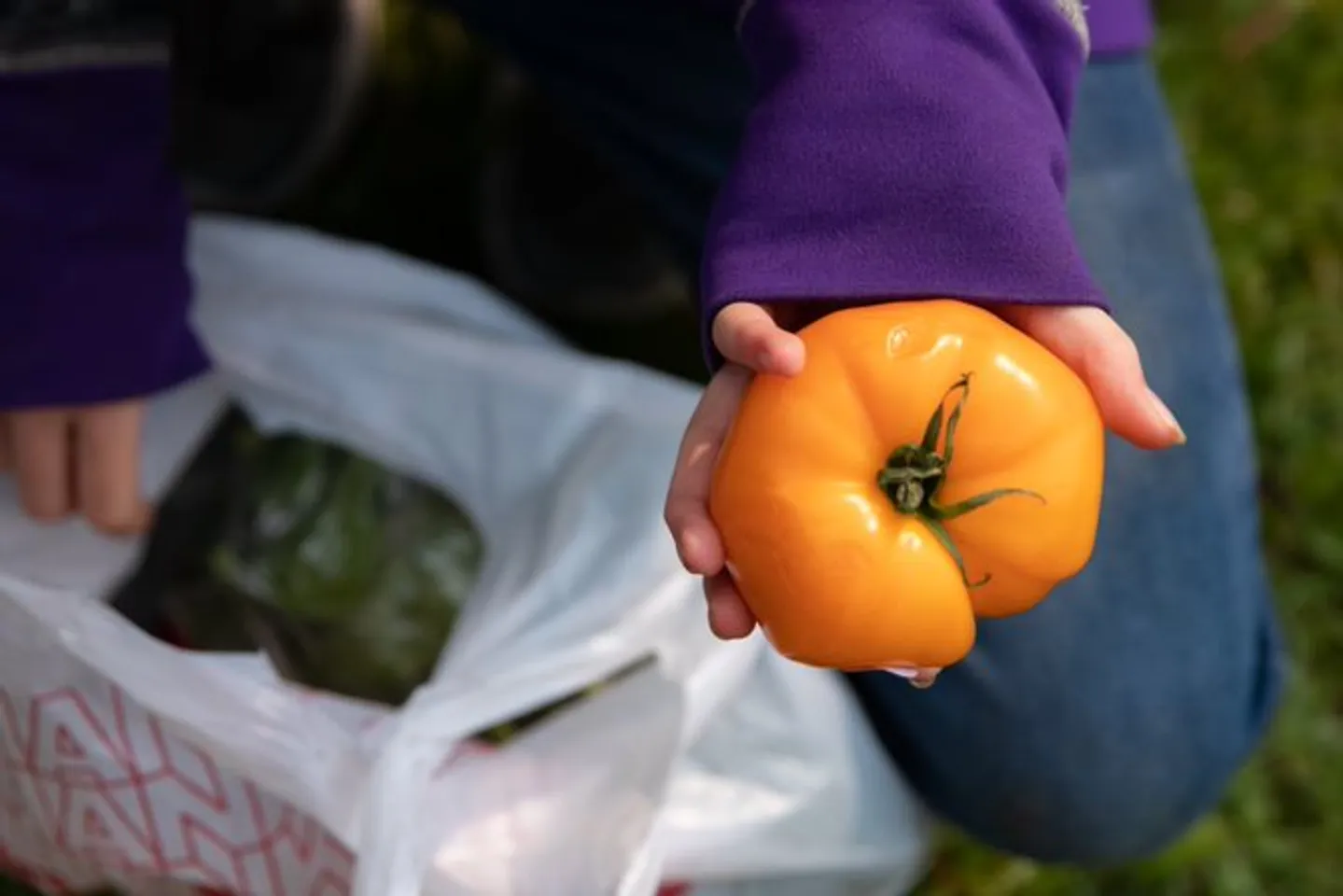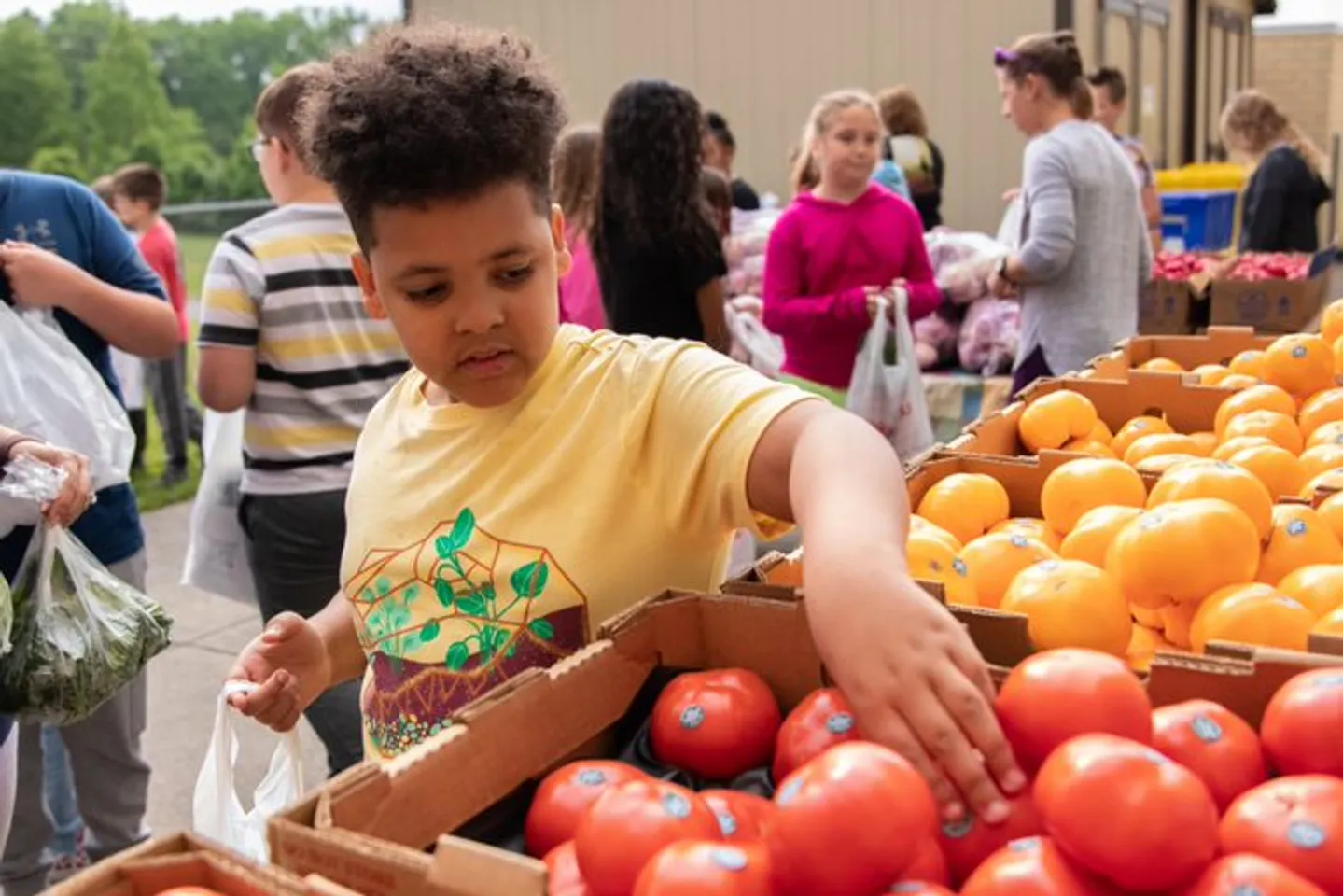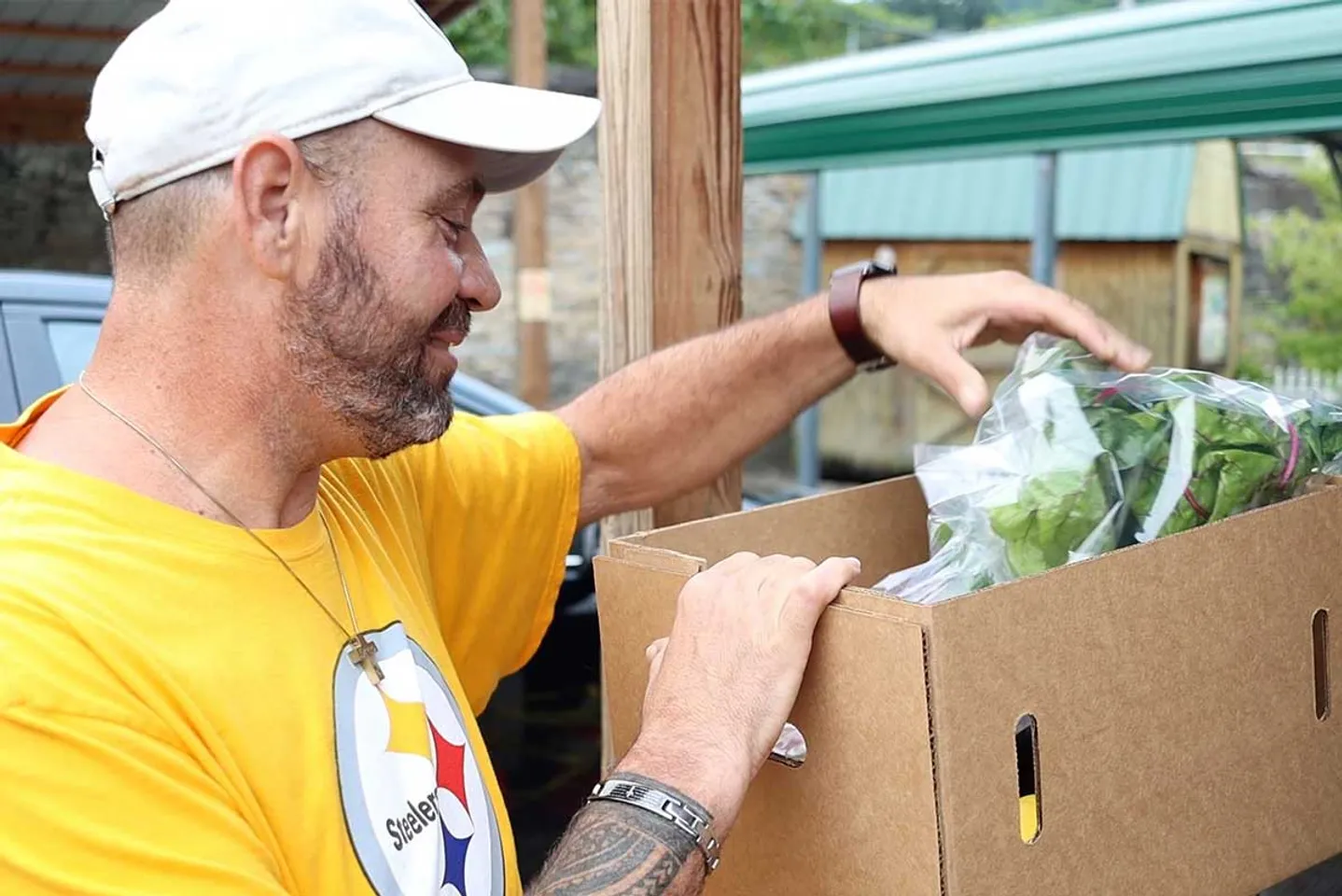Lorenzetti said people know they need better nutrition; for some that might mean
more fresh vegetables and fruits for antioxidants and vitamins, while for others
that might mean more plant-based protein.
Even with the effort of trying to include more vegetables in a daily diet plan, mistakes
can be made. Raw vegetables are good, and cooked vegetables in soups are good because
cooking them in the soup retains the vitamins lost in the cooking process.
But augmenting the taste of raw vegetables with commercial dips or dressings can
reduce the health benefits because many are made with soybean or safflower oil,
which are much higher in inflammation-causing omega-6 fatty acids. Omega-3 fatty
acids, on the other hand, are anti-inflammatory. Commercial dressings also often
have high amounts of sugar, making them doubly dangerous choices for patients with
metabolic disorders.
“The American diet is way too heavy in omega-6 fatty acids because of all the processed
foods that are eaten,” Lorenzetti said. “The balance of omega-6 to omega-3 fatty
acids is off.”
Making small changes like substituting whole fat yogurt for mayonnaise. Exchanging
kale, which is higher in vitamins and has a longer shelf life, for leaf lettuce.
Replacing fruits higher in sugar with those higher in fiber and limiting dried
fruits. Sautéing vegetables in olive oil, higher in omega-3 fatty acids, instead
of deep frying them in sunflower or saffron oil. Small changes can add up
to bigger benefits in overall health for many patients.
In the market for better health
Like Farm to You, the WVU Extension Family Nutrition Program is connecting West Virginians
with fresh, local produce, although its delivery method creates more of a shopping
experience.
The idea is simple but effective: doctors identify low-income patients who live with
nutrition insecurity as well as chronic conditions such as heart disease and diabetes.
Doctors write these patients a prescription for a weekly supply of fresh fruits
and vegetables that they fill at a local farmers market held each week at the
clinic. They go through the line, filling shopping bags with vine-ripened tomatoes,
colorful peppers and squash, crisp greens, cucumbers, onions and more. Farmers
help participants choose their produce, answer their questions and teach them
where their food is coming from.
“Families with limited food budgets are not going to spend their money on foods their
families won’t eat,” said Gina Wood, a coordinator with the Expanded Food and Nutrition
Education Program. “That seems obvious, but it’s something that many health initiatives
do not consider. We are removing that barrier by giving families fresh produce,
free of charge, and teaching them how to prepare it once they get home.”
The program is funded by two federal grants from the Supplemental Nutrition Assistance
Program Education and the Expanded Food and Nutrition Education Program, both from
the U.S. Department of Agriculture. Both grants have the same goal: improving the
health of West Virginia’s low-income families by improving the quality of food
on their tables.
Under the guidance of Kristin McCartney, who handles the SNAP-Ed side of operations,
and Wood, the EFNEP coordinator, the Family Nutrition Program has made it a priority
to include local farmers in this mission.
One example is the FARMacy Program, which the Family Nutrition Program administers
in collaboration with health clinics around the state.
Alongside the weekly farmers markets, FNP nutrition educators organize physical fitness
challenges, provide taste tests of healthy recipes and sign up participants for
Eating Smart Being Active classes. These classes, held over six weeks, teach participants
about nutrition, cooking skills, budget shopping strategies and exercise habits.
FARMacy has yielded significant improvements in patients’ health. Many participants
lose weight and have improved their cholesterol, blood pressure and blood sugar
levels. Some have improved so much their doctors have been able to reduce their
prescription medications.
Creating good habits
Similar to FARMacy, the Family Nutrition Program’s long-running “Kids Markets” initiative
also provides fresh fruits and vegetables, but to a different demographic. Growers
set up farmers markets at elementary schools. Students receive tokens and are allowed
to “shop” for fruits and vegetables, free of charge. Markets are paired with a
series of age-appropriate nutrition lessons, taught by FNP health educators.
“It’s fascinating to see. Without a parent to say, ‘Don’t get that, you don’t like
that,’ kids are much more willing to try new foods,” McCartney said. “It’s not
unusual for a student to eat all the produce in their bag before they even get
home.”
In 2021, FNP introduced a new twist on the kids’ market model with Kids Market @
The Store. This program, open to all children ages 2-17, allows participants to
“shop” for free fruits and vegetables at participating retail locations in their
counties. Each family receives $30 in tokens, which children spend at a dedicated
Kids Market @ The Store display.
Kids Market @ The Store is a new initiative by the West Virginia University Extension
Family Nutrition Program, aimed at teaching kids healthy habits by allowing
them to “shop” for free fruits and vegetables at participating retail locations
in their counties.
These displays are stocked each week with fresh West Virginia-grown fruits and vegetables.
At the checkout, store clerks place a sticker in the child’s Kids Market @ The
Store passport. This allows families to track which foods they’ve tried throughout
the program. At the end of the program, they can return their passports for WVU-themed
prizes.
“The Family Nutrition Program’s school programming is really about creating consumers
for our state’s agriculture industry,” McCartney said. “Someday it will be their
turn to do the grocery shopping. If we introduce students to these foods and the
farmers who grow them at a young age, they’ll become lifelong customers.”
The Family Nutrition Program also provides financial backing for SNAP Stretch, a
program that multiplies SNAP users’ buying power at farmers markets in West Virginia.
SNAP users can receive double their benefits when shopping from a local grower,
while those who are over 65 or are accompanied by a child can triple their benefits.
Byproduct
The FARMacy, Kids Markets and SNAP Stretch programs all add up to one thing for West
Virginia farmers — a steady paycheck.
The Family Nutrition Program leverages its federal funding to receive additional
grants from foundations and nonprofits, which pay for the produce used in these
programs. FNP paid producers nearly $500,000 in 2022.
“Our partner farmers love these programs because, rain or shine, they get paid. They
don’t have to wonder how much they will sell, because we buy all the produce they
bring,” Wood said. “A guaranteed paycheck is something you don’t often find in
agriculture.”
Wood said growers have used this money to invest in new equipment for their farms.
“The Family Nutrition Program’s investment is building a stronger local food system
for all West Virginians,” she added.
Extra efforts
WVU School of Medicine immersion experience
WVU School of Medicine students spent a weekend in rural Pocahontas County where
they were challenged to purchase food and prepare a meal from the local stores
— a Dollar General Store and a gas station that doubles as a general store
— using a budget based on SNAP benefits.
“The trip opened my eyes to some of the challenges the patients I’m going to
be taking care of could be facing that aren’t necessarily centered around medicine,”
said Austin Goncz, a second-year medical student. The Rural Track Program collaborated
with WVU Medical Weight Management and faculty from the culinary track to
develop the immersion experience. Every spring AHEC hosts a “nutrition immersion
weekend” where students from many different health science majors get together
for a weekend to live and eat in a healthier way. The trip was funded by the WVU
Institute for Community and Rural Health.
WVU Raleigh County 4-H gardening volunteers
The WVU Raleigh County 4-H has been one of the volunteer organizations working
with the Raleigh County Solid Waste Authority Fresh Vegetable Initiative. The
project began during spring 2021 to help address food insecurities for the
greater Beckley Area. Volunteers were asked to help in the high tunnels with
seeding, planting, transplanting, weeding, pruning, watering, harvesting and
delivering. Fresh summer, fall and winter vegetables have been given to the
Raleigh County Commission on Aging and delivered to seniors who receive
meal deliveries. Raleigh County 4-H members, volunteers and agents have helped
with preparing and planting.
WVU Cancer Institute's Growing Hope program
More than 15% of West Virginia’s cancer patients’ households do not have the
resources to provide a healthy diet, either because of financial or access
barriers. In response, the WVU Cancer Institute launched Growing Hope, a pilot
project aimed at increasing access to fresh produce and healthy meals for patients
and their families.
In two areas of the state, the Institute collaborates with farms to distribute
fresh vegetables and meal baskets. In the Morgantown area, the Mary Babb Randolph
Cancer Center works with Homestead Farm Center, which obtained funding to build
a high tunnel to extend the growing season, increasing the amount of produce.
Each basket contains a “vegetable of the week,” dry ingredients and directions
for meal prep. The Charleston Area Medical Center’s approach, using an existing
relationship with Gritt’s Farm, provides large packages of fresh produce to
patients each week. Through the pilot program, fresh produce and meals were
provided to 206 cancer patients and their families in 33 of the state’s counties,
as well as patients in Pennsylvania and Maryland.





